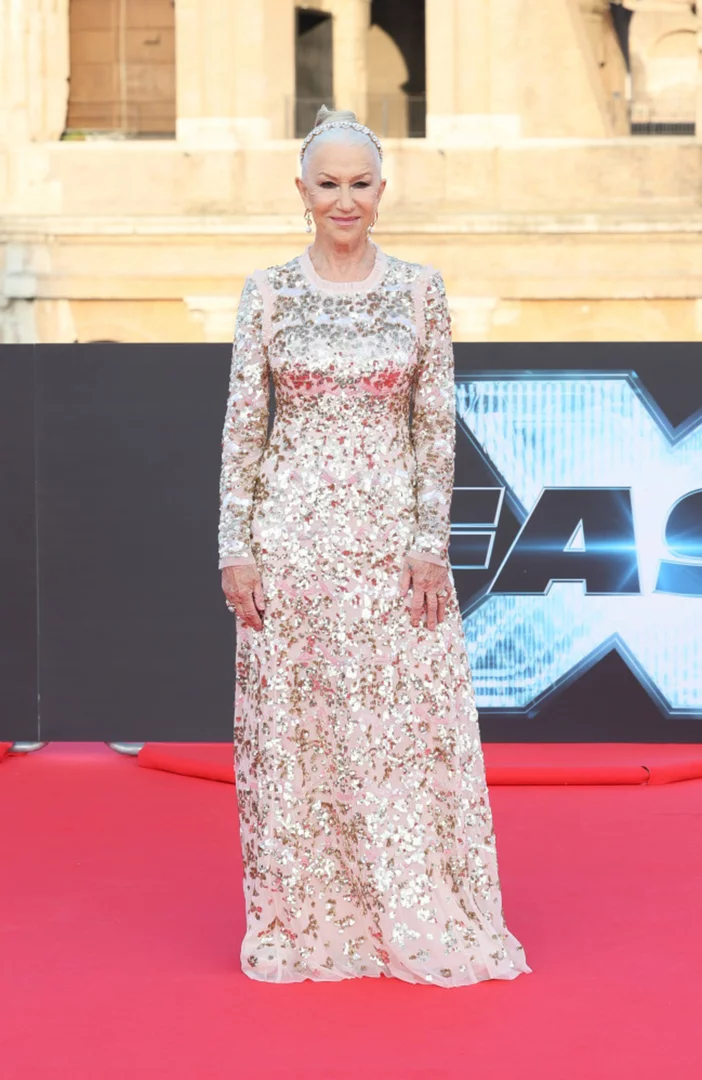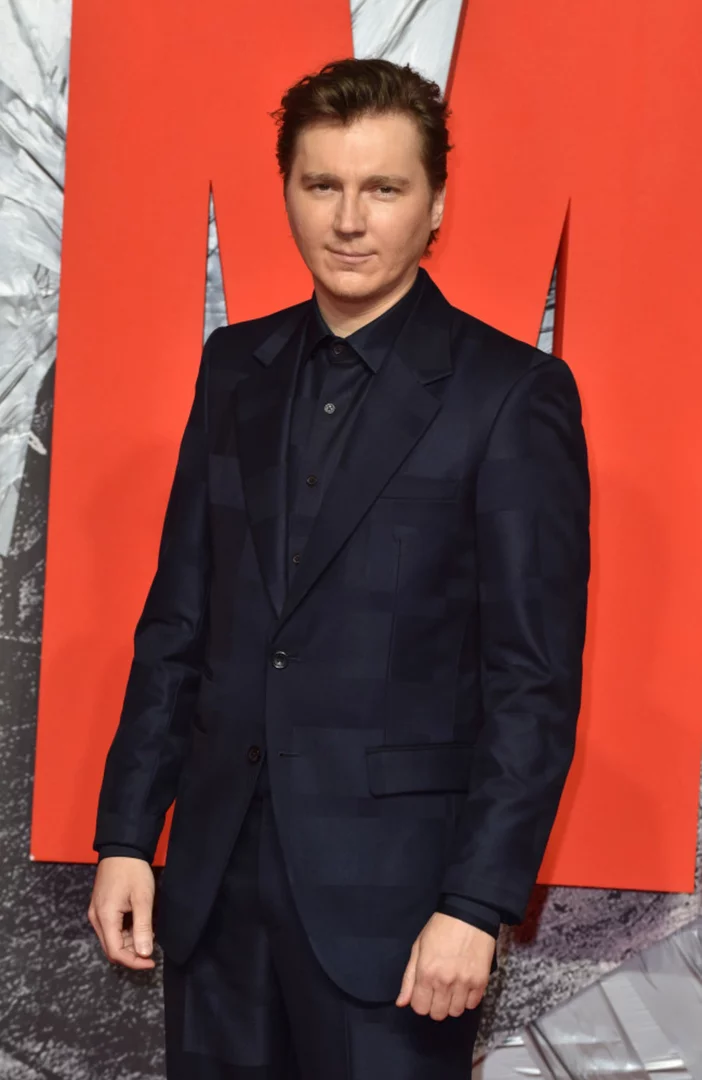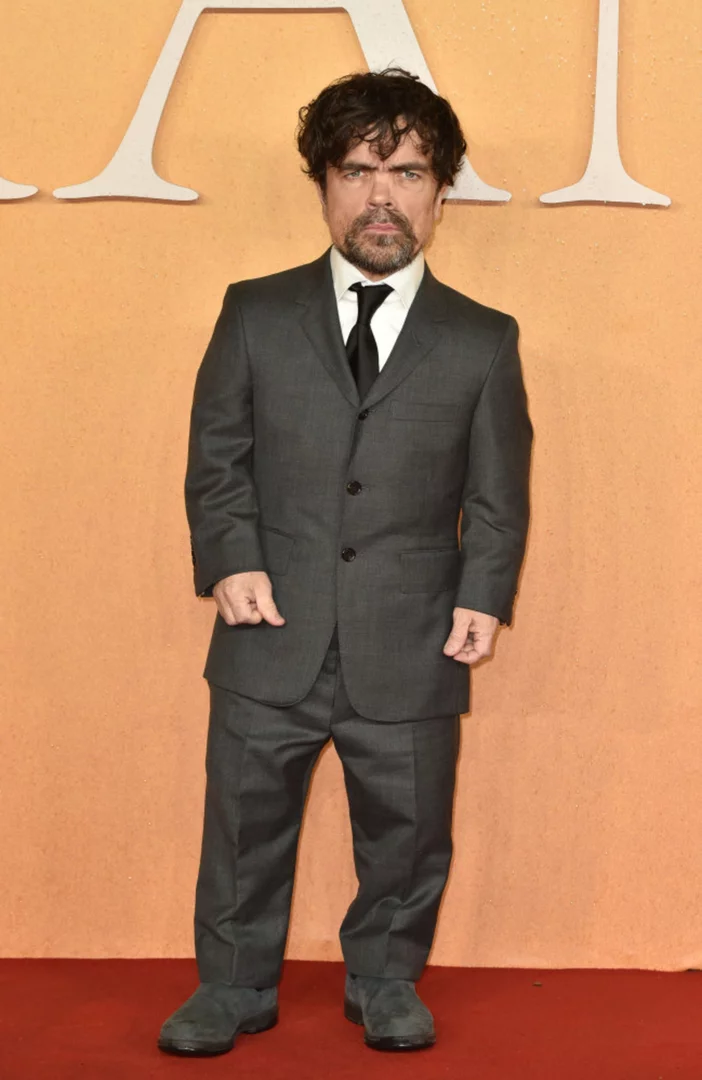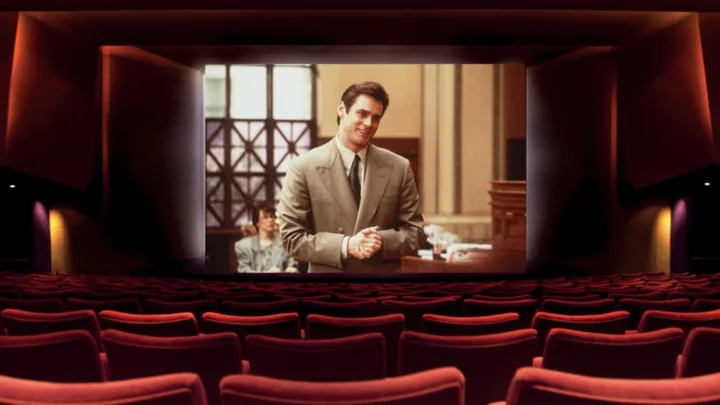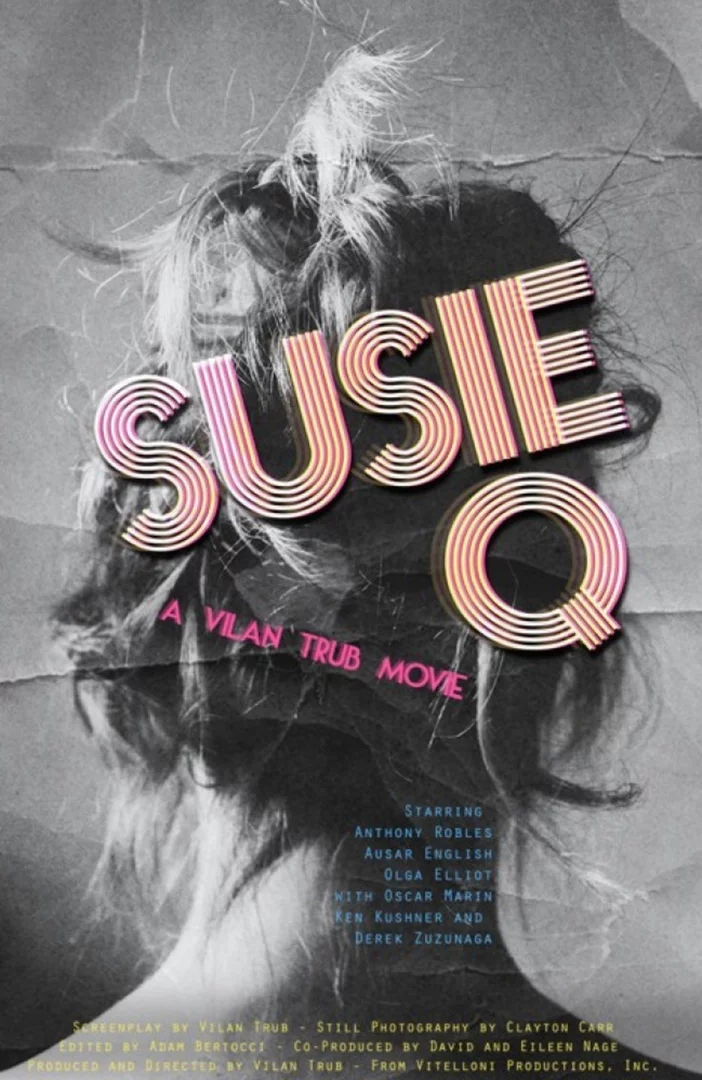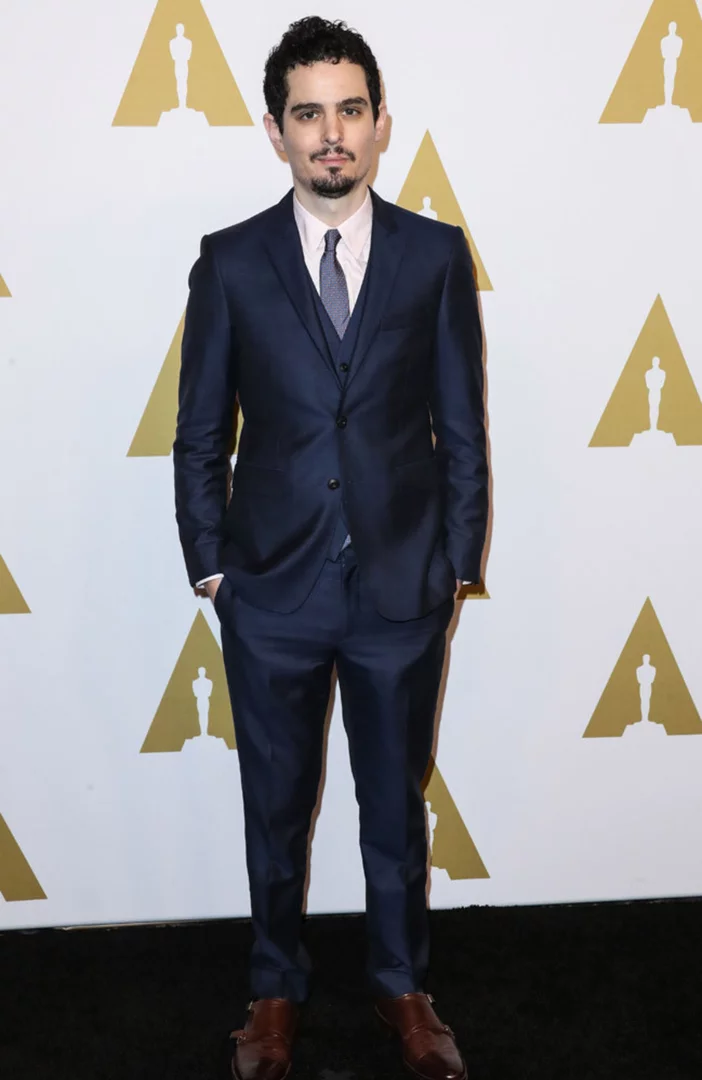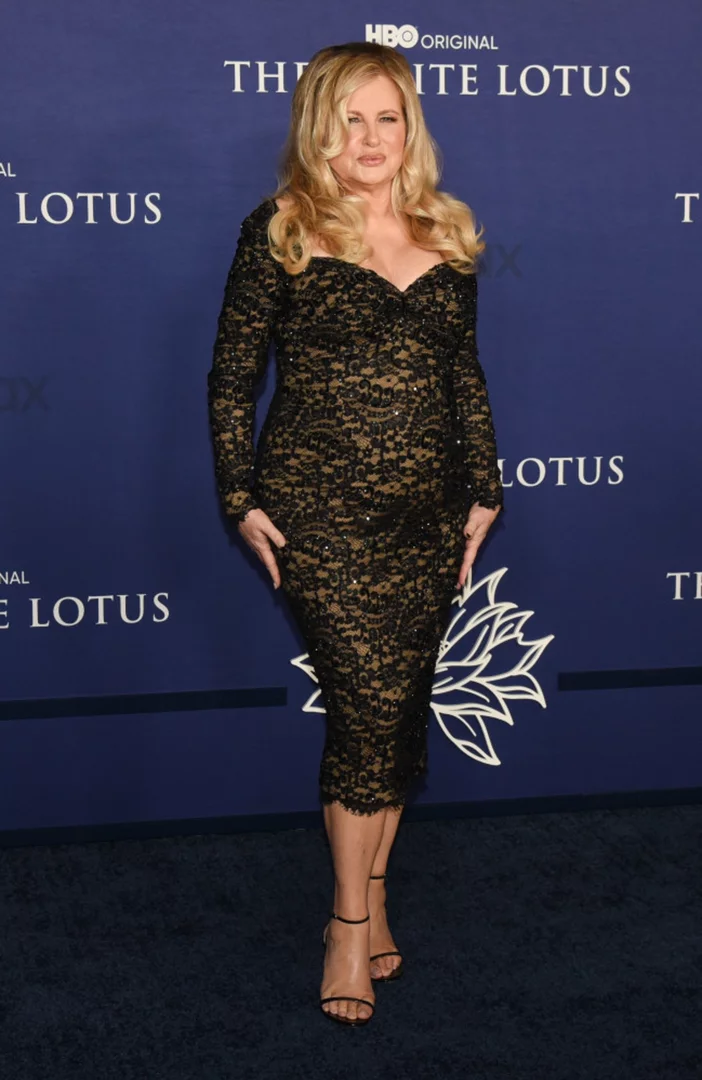Dame Helen Mirren has acknowledged there is a "very delicate balance" to playing people with a different heritage.
The 78-year-old star plays former Israeli Prime Minister Golda Meir in Guy Nattiv's biopic 'Golda' although her casting was met with a backlash because she is not Jewish and she "can see" why some are uncomfortable with her role.
Speaking on the BBC's 'Sunday with Laura Kuenssberg', Helen said: "I think I can see, but sometimes I can't see, because, I can't see who in this room is Jewish.
"We are all such an amazing mix and certainly I don't have an issue with Kirk Douglas playing a Viking. Kirk Douglas was Jewish."
Bradley Cooper also faced criticism for wearing make-up to amplify the size of his nose as he depicts conductor Leonard Bernstein in the Netflix film 'Maestro' and Mirren realises the pitfalls of playing characters from different cultures.
The 'Calendar Girls' star said: "I think the whole question of assuming a certain physiognomy because you're playing a particular race, there is something offensive about that.
"On the other hand, if you're playing Leonard Bernstein and this is really what Leonard Bernstein looked like, you know, maybe it's a good idea.
"As I say, it's a very delicate balance."
'Golda' explores the life of Israel's first female Prime Minister, particularly during the Yom Kippur War, and Helen is aware of the controversy surrounding Golda's treatment of Palestinians.
She said: "All I'm doing is playing Golda during the period of the Yom Kippur War.
"I'm not explaining her or rationalising her or reappraising her. I'm just playing a woman of that age dealing with that situation."
Mirren also said that she was inspired by Golda's leadership during the conflict – when Israel was rocked by a twin attack by Arab powers Syria and Egypt on the morning of the Jewish holiday Yom Kippur.
'The Queen' actress said: "Just the fact she didn't put on power suits and walk around like, 'I'm running a country'.
"On the contrary, she just stayed exactly who she was before she became prime minister. It was an incredibly important moment in female history, for me personally, to see that happen."

